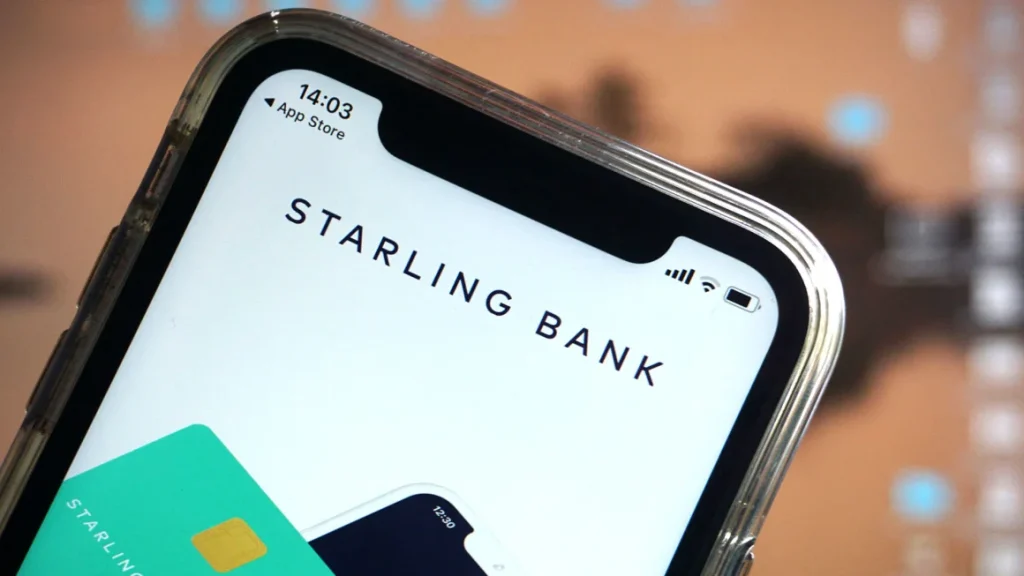
“Millions” of individuals could succumb to tricks utilizing computerized reasoning to clone their voice s, a UK bank has cautioned.
Starling Bank, an online-just loan specialist, said fraudsters are fit for utilizing computer based intelligence to reproduce an individual’s voice from only three seconds of sound viewed as in, for instance, a video the individual has posted on the web. Tricksters can then distinguish the individual’s loved ones and utilize the computer based intelligence cloned voice to organize a call to request cash.
These kinds of tricks can possibly “get millions out,” Starling Bank said in a public statement Wednesday.
They have proactively impacted hundreds. As per a review of in excess of 3,000 grown-ups that the bank led with Mortar Exploration last month, in excess of a fourth of respondents said they have been designated by a simulated intelligence voice-cloning trick in the beyond a year.
The study likewise showed that 46% of respondents didn’t know that such tricks existed, and that 8% would send over as much cash as mentioned by a companion or relative, regardless of whether they thought the call appeared to be odd.
“Individuals routinely post content web-based which has accounts of their voice, while never envisioning it’s making them more powerless against fraudsters,” Lisa Grahame, boss data security official at Starling Bank, said in the public statement.
The bank is empowering individuals to concur a “protected expression” with their friends and family — a basic, irregular expression that is not difficult to recollect and not the same as their different passwords — that can be utilized to check their personality via telephone.
The moneylender prompts against sharing the protected expression over message, which could make it simpler for con artists to find out, at the same time, on the off chance that common along these lines, the message ought to be erased once the other individual has seen it.
As simulated intelligence turns out to be progressively proficient at copying human voices, concerns are mounting about its capability to hurt individuals by, for instance, assisting crooks with getting to their ledgers, and spread deception.
Recently, OpenAI, the producer of generative simulated intelligence chatbot ChatGPT, revealed its voice replication instrument, Voice Motor, yet didn’t make it accessible to people in general at that stage, refering to the “potential for engineered voice abuse.”







